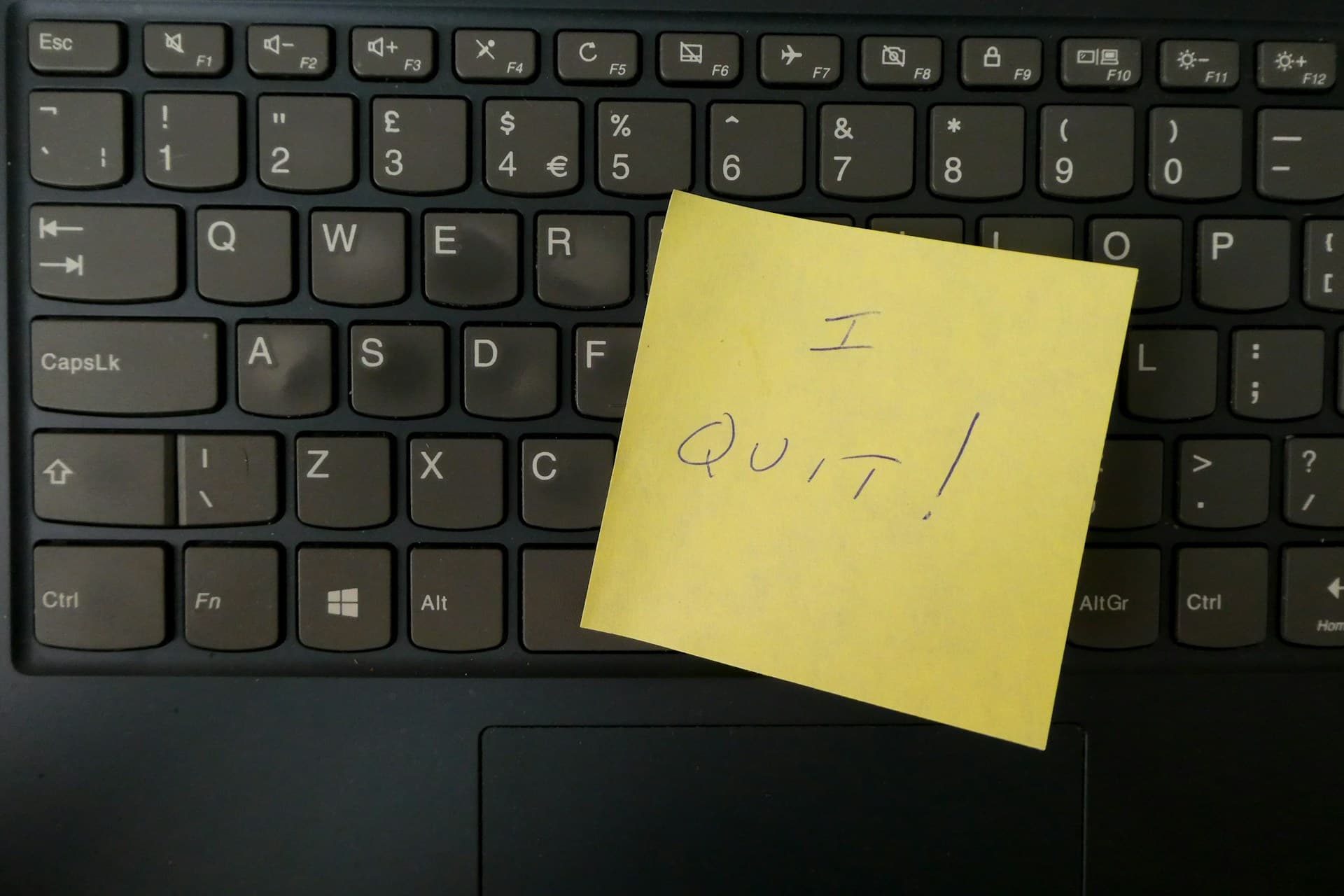Writing a resignation letter can be a delicate task, but it's essential to do it professionally and gracefully. Whether you're leaving for a new opportunity, personal reasons, or another professional venture, how you communicate your departure matters. A well-written resignation letter ensures that you leave on good terms and maintain a positive relationship with your current employer.
Why You Need a Resignation Letter
Although verbal resignation is often acceptable, a formal resignation letter serves several important purposes:
- Documentation: It provides a written record of your decision to resign, which may be required by your employer or HR department.
- Professionalism: A well-written letter shows respect for your employer and helps maintain professionalism.
- Future Reference: By resigning respectfully, you ensure a positive reference for future job opportunities.
Steps to Writing a Resignation Letter
Follow these steps to create a polite, professional, and effective resignation letter:
1. Start with a Proper Salutation
Begin your letter by addressing your supervisor or manager by name. If you are unsure of the exact title, “Dear [Supervisor's Name]” is a safe option.
2. State Your Intent to Resign
Clearly and directly state that you are resigning from your position. You can also include the reason for your departure, although it is not necessary. Be concise and professional.
3. Provide Your Last Working Day
Include the date you intend to leave, respecting the notice period stated in your employment contract (usually two weeks or more). Providing a clear final date helps with transition planning.
4. Express Gratitude
Show appreciation for the opportunity to work with the company and the skills you've gained. It's important to remain positive and thankful, as you may need a reference in the future.
5. Offer Assistance During the Transition
If possible, offer to help with the transition process. This could involve training a replacement, completing outstanding tasks, or providing any necessary handover documents.
6. Close Professionally
End your letter with a courteous closing, such as “Sincerely” or “Best regards,” followed by your name. If you're handing over a printed letter, sign it to make it more personal.
Resignation Letter Example
Here's a simple example of a resignation letter:
Dear [Supervisor's Name],
I am writing to formally resign from my position as [Your Job Title] at [Company Name], effective [Last Working Day].
I have thoroughly enjoyed working with the team and am grateful for the opportunities and experiences I have gained during my time here. I appreciate your support and the company's efforts to help me grow professionally.
Please let me know how I can assist with the transition process over the next [Number of Weeks] to ensure a smooth handover of my responsibilities.
Thank you again for everything. I wish the company continued success.
Sincerely,
[Your Name]
Tips for Writing Your Resignation Letter
- Be clear and concise: Keep your resignation letter short and to the point. Avoid unnecessary details or negative remarks.
- Stay professional: Regardless of your reasons for leaving, always remain professional and positive in your letter.
- Proofread: Double-check your resignation letter for grammar and spelling errors to ensure it's polished and professional.
- Keep it positive: Even if you're leaving due to negative circumstances, try to focus on what you've learned and the opportunities you've had at the company.
Conclusion
Writing a resignation letter is an important step in leaving your job. By keeping your letter professional, respectful, and concise, you can leave a positive impression that helps maintain your career reputation. Remember, how you exit a job can impact future opportunities, so take the time to craft a well-written letter and express gratitude for the experiences you’ve gained during your time at the company.
